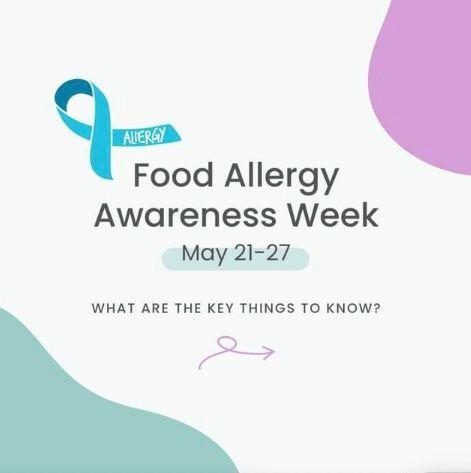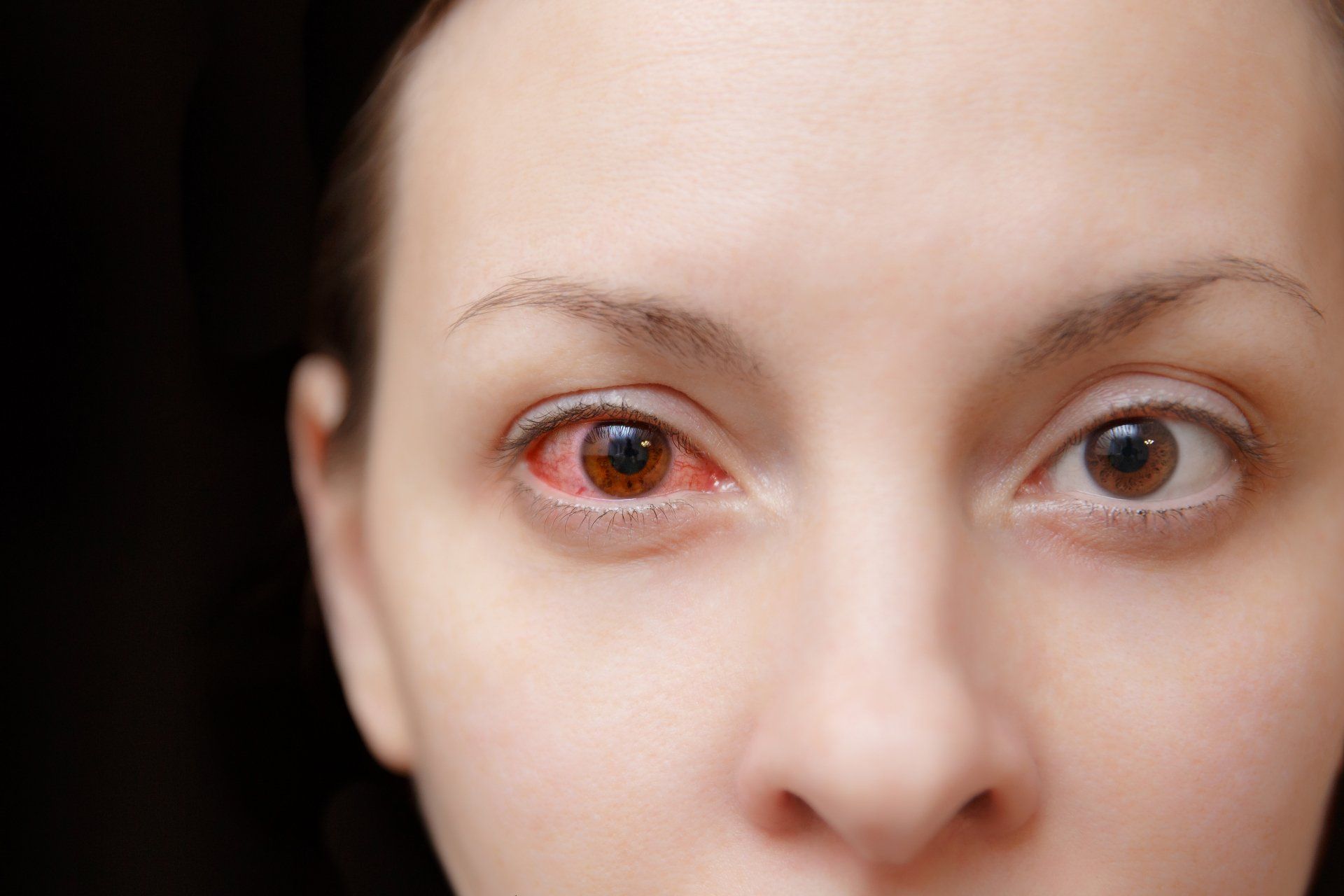Salicylate Sensitivity - Allergy Testing Brisbane | Allergy Testing Gold Coast | Sunshine Coast

Natural chemicals are found in the foods we eat. Food is composed of protein, carbohydrate, fat and various nutrients as well as a number of natural chemicals. These naturally occurring chemicals often add flavour and smell to food. Sometimes they will trigger adverse symptoms in unlucky individuals.
Salicylates are one family of chemicals that occur naturally in plants. They act as a natural pesticide, and protect plants against harmful bacteria, insects, fungi and disease. Salicylates are present in fruits, vegetables, nuts, herbs, spices, jams, honey, yeast extracts, tea, coffee, juices, beer, wine and natural flavourings (e.g. peppermint). Salicylates are also created synthetically and can be found in perfumes, scented toiletries, cleaning products, washing powders, botanical oils (e.g. lavender, eucalyptus and tea-tree) and medications (e.g. aspirin).
Salicylates have a cumulative effect in the body and build up over time. The tolerated amount varies from person to person. In high enough doses salicylates are harmful to everyone, however most people can handle average amounts without experiencing adverse effects. People with salicylate sensitivity are unable to ingest or inhale a normal amount of salicylate without experiencing adverse effects.
Symptoms of salicylate sensitivity vary but typically include headaches, migraines, eczema, hives, gastro-intestinal irritation, rhinitis, nasal polyps and exacerbation of asthma. Salicylate sensitivity is also associated with behavioural problems in children, sleep disturbance, anxiety and depression.
It is important to recognise that salicylate sensitivity is not an allergy, but an intolerance. There are no reliable skin or blood tests for the diagnosis of food intolerance. The only way to accurately diagnose a salicylate sensitivity is through a process of dietary elimination and challenge testing. This should always be done under the supervision of a doctor and dietician. Upon diagnosis, the easiest way to treat salicylate sensitivity is by limiting salicylate consumption with a low salicylate diet.






